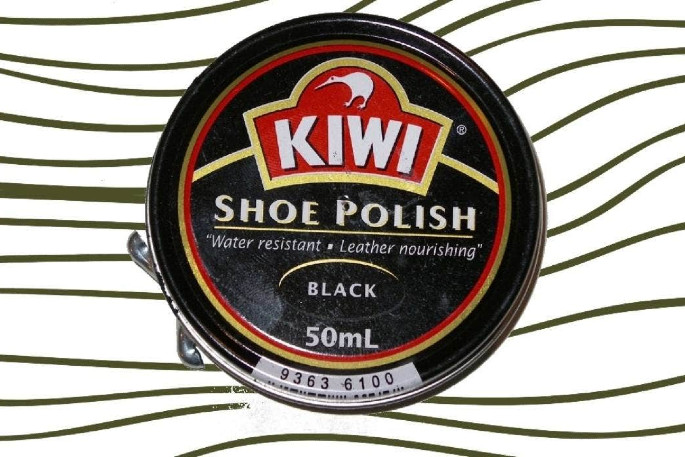Work-from-home culture and more relaxed office attire could take the shine off global shoe polish company Kiwi – at least overseas.
The iconic company, known for having a Kiwi on the tin and being favoured by the army and businessmen, is actually Australian. It was only named ‘Kiwi' for the founder's New Zealand-born wife.
Founded in 1906, the company became the favoured polish of the British and United States armies during World War I. By the early 1980s, the company sold 250 million tins annually across 183 countries.
But voices in the United Kingdom media are bemoaning the downfall of the brand, saying work-from-home culture and the changing image of appropriate office attire meant fewer Britons were shining their boots.
Kiwi did not respond to a request for comment.
However, a spokesperson for the business previously told the Daily Mail that fewer Britons polishing their shoes, as well as a 'rise in casual shoes that don't require formal polishing”, meant the company no longer saw Britain as a priority.
Christian Prescott runs Clean For A Cause, a non-profit organisation that takes preloved shoes, gives them a good clean, and then donates them back to the community.
But the spokesperson added it would still sell products in countries where formal shoe care 'remains relevant”.
Financial Times reported British customers struggling to find Kiwi brand shoe polish, and then buying up any stock they could find and hoarding it.
The publication questioned whether the end of Kiwi shoe polish in Britain signalled a grim fall in 'sartorial standards, signalling a wider malaise in the process”.
But Taranaki-based cobbler David Deacon said the tradition of shining your shoes was alive and well in New Zealand.
David Deacon owns Scarpa's Shoes in Stratford. He crafts and sells shoes and has done it for more than 20 years.
Deacon, 74, has been repairing and shining shoes from a small shop called Scarpa's Shoes in the heart of Stratford for more than 20 years. He said the tradition of polishing was as strong as ever.
'If you come into my shop you'll see shelves full of all sorts of polish, and not just your standard black and browns, I've also got pinks, blues and all sorts of colours,” Deacon said.
Women were still keen on keeping their shoes looking as-new, which requires him to remain stocked in a wide array of bright shoe polish, he said.
While Aucklanders might let their fashion slip, Wellington was still a 'city of suits” and people in the regions still understood the power of a shined shoe, he said.
If Kiwi shoe polish stopped supplying Britain, there was enough demand to keep New Zealand looking sharp, he said.
In 1906, Kiwi shoe polish was founded by Scottish migrant, William Ramsay, in a two-roomed factory in Bouverie St, Melbourne.
Journalist Keith Dunstan, in his book Kiwi: The Australian Brand That Brought a Shine to the World, wrote that Kiwi was 'probably the most successful manufacturer in Australian corporate history”.
Kiwi tins, with their distinctive name and bird symbol, became staples in homes from Calcutta to Calgary, Dunstan said.



1 comment
Still
Posted on 04-01-2023 22:44 | By Yadick
Clean my workboots literally every day. Except I use Parade Gloss. Old habits die very hard.
Leave a Comment
You must be logged in to make a comment.